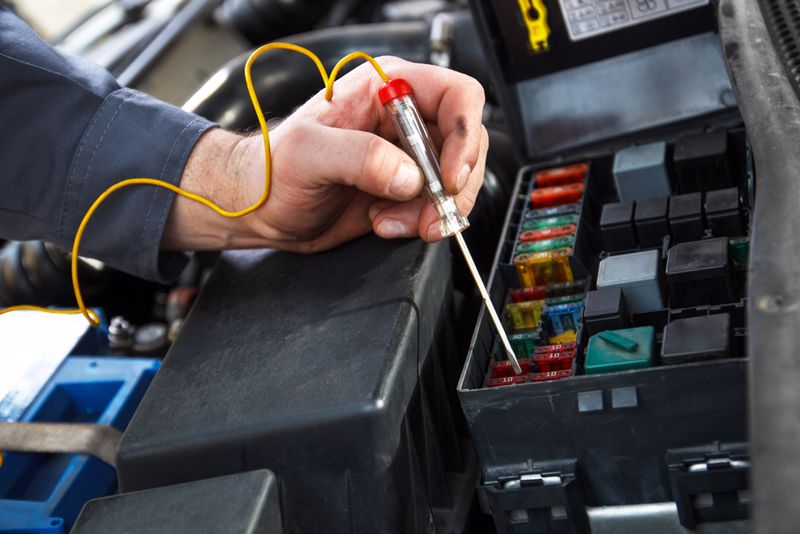

The Auto Start/Auto Stop (AST) technology is a system that shuts off a vehicle's engine when it's idle to save fuel and reduce emissions. It's designed to automatically turn on when you press the accelerator pedal again. The idea behind this technology is that if you keep your car idling, you're wasting gas. However, if you use your foot to start and stop the engine, it can be more expensive than just leaving it running.
There are two types of Auto Start/Stop technologies: one that uses a timer and one that uses acceleration sensors. The timer-based system is more accurate and will stop the engine when you are parked for more than 10 seconds. The acceleration sensor-based system is less accurate and will stop the engine when you have stopped accelerating for a specified amount of time.
The first type of system can be turned off by setting the timer to 0, which means it will never turn on automatically. The second type of system can be adjusted to turn on only when in certain conditions (such as being stopped with your foot on the brake). Many newer vehicle models provide the option to turn the Auto Start/Stop settings on or off depending on the driver's needs and preferences.
AST can be beneficial because it makes driving more efficient by reducing idling time. In addition to being an energy-saving feature, AST can also help prevent emissions from the tailpipe such as carbon monoxide and harmful hydrocarbons being released into the environment. AST relies on an electrical system that detects a change in voltage in order to activate the starter motor or turn it off after a predetermined amount of time, which varies by vehicle.
It's important to note that the Auto Start/Auto Stop technology is not a fuel-saving solution: It's primarily an emissions-saving solution. The Auto Start/Auto Stop technology can save up to 15-20% of fuel, but only in certain conditions. For example, if a person starts their car up at an idle speed during rush hour traffic or at a stop light, they would see significant savings in fuel consumption. When a vehicle is traveling long distances, the system isn't used at all and, therefore, doesn't contribute to any gas savings.

The constant start/stop of a vehicle's engine may be harming the car and having a negative impact on the environment. As battery power is consumed at a much higher rate, it can become expensive to maintain. At the moment, only AGM and EFB batteries are strong enough to withstand the demand of AST.
Regardless of the effect on a vehicle's battery and the need to conduct routine battery maintenance and ensure replacements can handle the technology's power, the Auto Start/Stop technology has been found to have a positive effect on fuel efficiency for these vehicles. In fact, a car's fuel economy can save 8% when AST is used in heavy traffic – enough to add up to a whole lot of savings for frequent commuters.
Greening Testing Laboratories is a fully certified brake testing lab that provides a variety of brake testing services worldwide. Contact Greening for a complimentary consultation.